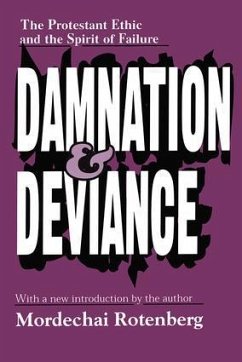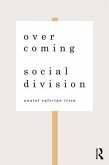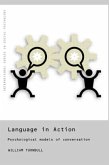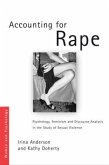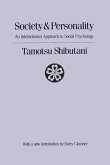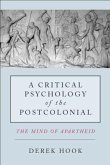The Calvinist view that man is predestined to be among the elect or the damned has profoundly influenced not only our views of criminals and deviants, but also the theoretical basis of correctional methods and psychotherapeutic techniques. In this provocative and original volume, Mordechai Rotenberg examines the impact of Protestant doctrine on Western theories of deviance. He explores the inherent contradiction between Protestant ethics, with its view of human nature as predestinated, and the "people-changing" sciences.Rotenberg presents empirical studies that show how people's tendency to label themselves and others as deviant can be predicted on the basis of their exposure to Western socialization. He contrasts alienating individuals, the result of competitiveness and exaggerated independence fostered by socialization in Protestant societies, to the reciprocal individualism of Hassidic, Japanese, and other non-Western cultures. Examining the Protestant "bias" of Western behavioral sciences, Rotenberg examines modern theories of deviance and proposes alternative models. He compares traditional past-oriented insight therapy, grounded in Calvinist methods of introspection, self-torment, and conversion, with Hassidic notions of redemption and salvation."Rotenberg provides important historical and sociological insights into the intellectual origins of modern theories of deviance. His argument that Western behavioral science retains a Calvinist view of humanity will force most scholars to examine anew the assumptions and foundations of their own theories."--Gerald N. Grob, Rutgers University"A highly original work, which should be of great interest to anyone concerned with relevant behavior. It shows how macro-definitions in a society tend to lead people to think about themselves and their ills in certain ways--and thus to deviate in certain ways."--Richard A. Cloward, co-author, Regulating the Poor: The Functions of Public Welfare
Hinweis: Dieser Artikel kann nur an eine deutsche Lieferadresse ausgeliefert werden.
Hinweis: Dieser Artikel kann nur an eine deutsche Lieferadresse ausgeliefert werden.

